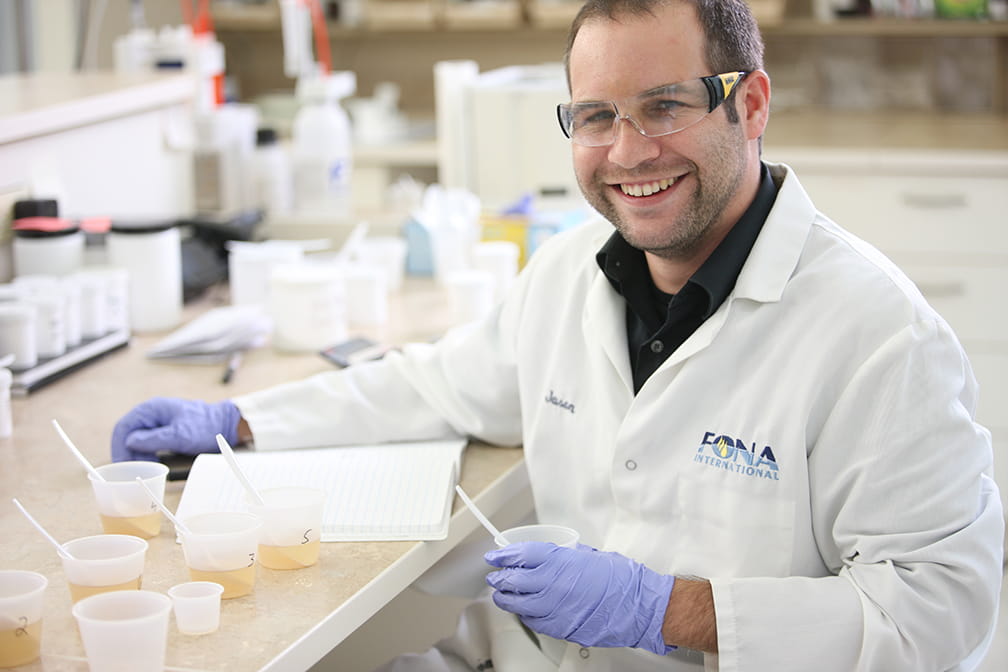Masking & Blocking: A Tale of Two Technologies
April 17, 2018
By Jason Mittelheuser, Technical Business Development
When dealing with taste modification in your product, it can be tricky to understand the various techniques at play. You might hear people say things like, “masking” or “blocking”. Did you know that these two words are not interchangeable, but represent different ways in covering up off-notes in your application?
Masking
The intention of a masker is to mitigate off-notes while providing a neutral flavor profile. This means that the approach involves using FEMA-Gras* materials that provide an aroma and/or taste attribute to lower our perception of off-notes. These can include common flavor ingredients as well as other excipients including sweeteners (flavors with modifying properties), acids, and salts. These ingredients are intended to use at a subthreshold level so the profile stays neutral. The use of phantom aromas, at significantly high usage levels however may result in adding an unintended flavor attribute.
Blocking
When we say “blocking”, this relates to changing taste attributes by a chemical process. An ingredient that acts as a blocker will interact in one of two ways: 1) It “binds” (for the lack of a better term) with the bitter taste receptor on the tongue or 2) It binds with the “offending” tastant. Wherever this interaction occurs, the “villain” tastant won’t be perceived by the tongue – the bitter taste or off-note is blocked.
This chart shows theoretical taste perception modification. The threshold line represents what we can perceive, or identify, as a characterizing flavor. An aroma below the lower taste threshold means that our nose/tongue cannot identify it as a specific flavor. Our tongue can potentially decipher different flavor attributes above this level.
The Takeaways
When dealing with difficult ingredients like protein or actives, your flavor supplier is likely balancing their technological options. We hope this helps de-mytify some of the science behind masking and blocking. Reach out at www.mccormickfona.com/chat or email feedback@fona.com if you’d like to hear more.
About Jason
Jason works within FONA's beverage team as Technical Business Development, where he focuses on delivering business growth and technical results for customers. He started at FONA in 2009 and has a bachelor's degree in chemistry/bio-chemistry from Northern Illinois University. Jason is a regular presenter at Flavor University, where he helps food professionals from all walks understand the science behind their flavor.
*Flavor and Extracts Manufacturers Association, Generally Regarded as Safe




